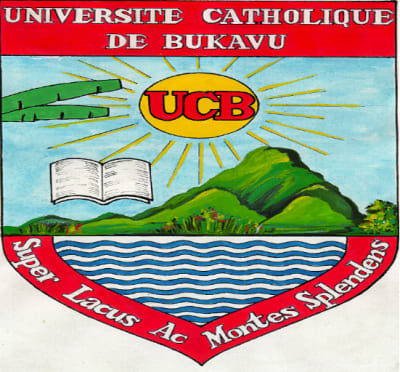
Doctorate in General Medicine
Université Catholique de Bukavu

Key Information
Campus location
Bukavu, Congo, DR
Languages
French
Study format
On-Campus
Duration
60 months
Pace
Full time
Tuition fees
Request info
Application deadline
Request info
Earliest start date
Sep 2023
Introduction
We have been around since the early days of the Université Catholique de Bukavu . The first program of the Faculty of Medicine began to operate in the first years of the opening of the Université Catholique de Bukavu . In its early days, this faculty operated mainly with visiting professors from several other African and European countries. The first promotion of UCB doctors completed their studies in Benin thanks to the strong collaboration between the young university and its partners, because at that time the second level of medicine at UCB was not yet fully functional.
The Faculty of Medicine has its main campus within the General Provincial Reference Hospital of Bukavu (HPGRB), in the Stanislas Haumont Amphitheater named in memory of Professor Stanislas HAUMONT of the Catholic University of Louvain who greatly contributed to the creation and functioning of this faculty at its creation. The Faculty of Medicine organizes seven promotions ranging from the first year of a license (3 years) to the fourth year of medicine (4 years).